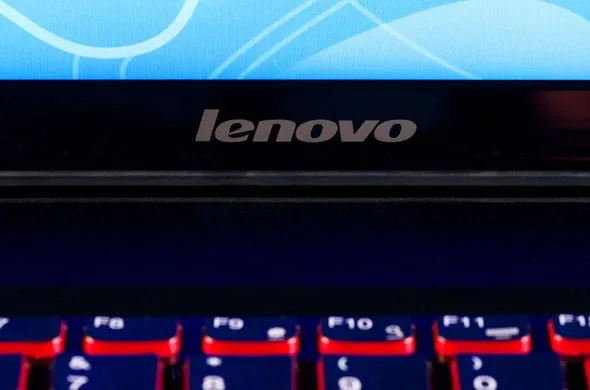Google Plans New €600 Million Dutch Data Center
Google plans to spend €600 million on a new data center in the Netherlands.

Lenovo, which breathed new life into IBM’s personal-computer business, bet that it could do the same with mobile phones and data centers, according to Bloomberg. Now, it’s beginning to look like that gamble is dragging the Chinese manufacturer in the wrong direction.
Shares in China’s biggest PC maker fell for a third straight day in Hong Kong trading after the company reported a surprise net loss Friday. Analysts cut their price targets for the stock, with Macquarie Securities downgrading its rating to hold from a buy.
Lenovo CEO Yang Yuanqing likes to describe the smartphone and server segments, along with new online endeavors as “rice in the field,“ not yet ready to be harvested. Yet the two units are struggling and posted losses in the latest quarter, calling into question the strategy of whether any fresh growth can be extracted from markets that are rapidly becoming commoditized.
Lenovo’s best bet is to invent new products and services, but that traditionally hasn’t been the company’s strong point, according to Qian Kai, analyst at China International Capital. “Innovation is not in Lenovo’s DNA,“ said Qian, the top-ranked analyst in Bloomberg’s Absolute Return Rankings who cover Lenovo. His price target for Lenovo is HK$3.20, or 27 percent below Monday’s close.
Lenovo is facing stiff competition from rivals that are competing on price, from Xiaomi and Oppo in mobile devices, to Quanta and Wistron in the server market. Even with PCs, Lenovo lost its spot as the world’s biggest manufacturer, replaced by HP, while total PC sales shrink.
Lenovo’s best prospect for fresh smartphone sales is India, where other phone makers are also seeking a chunk of a market that saw 109.1 million smartphone shipments in 2016, according to IDC. Lenovo is the fifth-largest seller of smartphones in the country, after shipments declined by 25 percent in the latest quarter from the prior period.
In the data-center business, which is based on the x86 server unit Lenovo acquired from IBM in 2015 for $2.1 billion, the market for advanced servers is shrinking. Cloud-computing companies are ordering tailored equipment from contract makers, bypassing traditional server manufacturers. Sales in Lenovo’s data center group fell 11 percent in the quarter ended June.
Given that PCs make up 70 percent of Lenovo’s sales, Yang is also looking for ways to rejuvenate that business, including a potential tie-up with Fujitsu. Another possibility is for Lenovo to get into contract manufacturing, using its factories and assembly lines to make products for other companies.